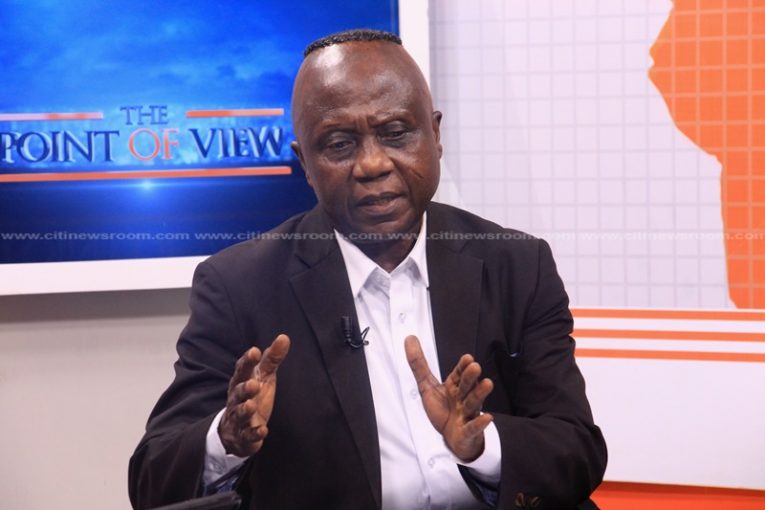Dr. John Kwakye, the Director of Research at the Institute of Economic Affairs (IEA), has criticized the Akufo-Addo government for its dependence on funds from the International Monetary Fund (IMF), World Bank, and other donor agencies to strengthen the local currency.
He labelled the government’s heavy reliance on foreign aid, including Eurobonds and cocoa syndicated loans, as a “lazy man’s approach.”
During an IEA press briefing on Wednesday, April 3, where he analyzed the recent Monetary Policy Committee meeting of the Bank of Ghana (BoG), Dr. Kwakye stated that over-reliance on foreign aid is unsustainable.
He believes the pressure on the cedi will resurface when the loan repayment is due.
“The Governor admitted that the foreign exchange market came under some pressure, both seasonal and non-seasonal-in February and early March. He reported that in the year to 20th March, 2024, the Ghana cedi recorded a depreciation of 6.8 percent against the US dollar. He, however, stated that the cedi “continues to recover its value.” But the question is by what measure?
“Certainly, not in nominal terms because since he spoke on 25th March, the cedi has continued to depreciate, reaching nearly GHS13 to the dollar. Let us repeat right here that relying on funds from the IMF, World Bank, Eurobonds, cocoa syndicated loan, etc. to bolster the cedi, as we have been doing, is not only “a lazy man’s approach,” to say the least, but also clearly unsustainable as the pressure would be back on when the loans fall due for repayment.”
Dr. Kwakye suggested that increasing forex earnings and reducing import demand are the most effective ways to stabilize the cedi.
“The way to stabilise the cedi on a durable basis is to increase our FX earnings through greater ownership of, and value addition to, our natural resources, to reduce our import demand through domestic industrialisation and to entrench fiscal and monetary discipline,” Dr Kwakye suggested.




































